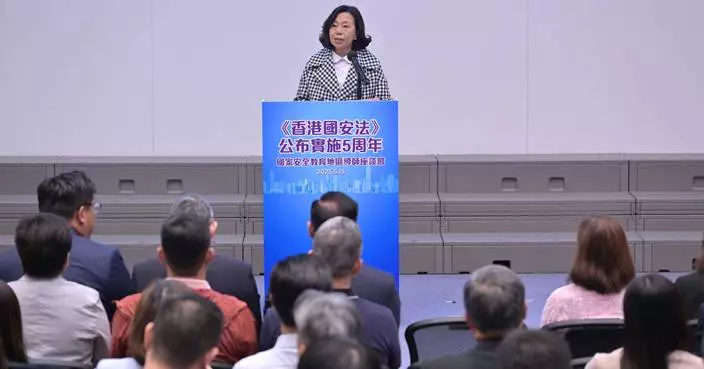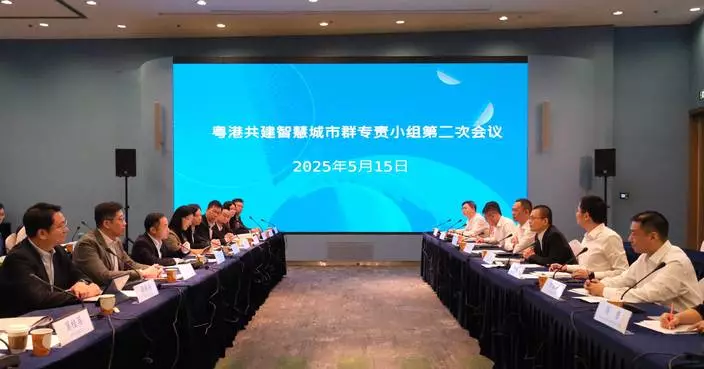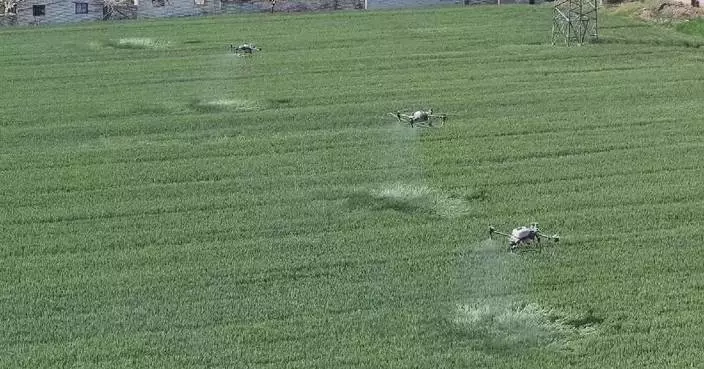Interest rate for Tax Reserve Certificates adjusted
The Inland Revenue Department announced today (December 27) that starting from January 6, 2025, the new annual rate of interest payable on Tax Reserve Certificates will be 0.4250 per cent against the current rate of 0.5500 per cent, i.e. the new rate will be $0.0354 per month per $100.
Tax Reserve Certificates bear simple interest, and interest is calculated monthly (including part of a month) from the date of purchase to the date of payment of tax. Interest is only credited when certificates are used to pay tax, and no interest is due where the principal value of a certificate is repaid to its holder.
The rate of interest payable on Tax Reserve Certificates is reviewed every month based on the average prevailing interest rate for the 12-month time deposit for $100,000 to $499,999 offered by the three note-issuing banks.
The new rate will apply to all certificates purchased on or after January 6, 2025. Certificates purchased before January 6, 2025 will continue to earn interest at the rates prevailing on their respective purchase dates. Below is a summary of the interest rates for the past periods:
For certificates purchased on or after
August 7, 2023, and before September 4, 2023:
0.8833 per cent per annum
For certificates purchased on or after
September 4, 2023, and before June 3, 2024:
0.9250 per cent per annum
For certificates purchased on or after
June 3, 2024, and before October 7, 2024:
0.8833 per cent per annum
For certificates purchased on or after
October 7, 2024, and before November 4, 2024:
0.8000 per cent per annum
For certificates purchased on or after
November 4, 2024, and before December 2, 2024:
0.7167 per cent per annum
For certificates purchased on or after
December 2, 2024, and before January 6, 2025:
0.5500 per cent per annum
For certificates purchased on or after
January 6, 2025, until further notice:
0.4250 per cent per annum
Interest will cease to accrue after 36 months.
Medical Laboratory Technologists Board responds to requests for clinical practice/attachment hours
The following is issued on behalf of the Medical Laboratory Technologists (MLT) Board:
The MLT Board is aware of a statement made by individual groups and training institutions regarding the hours required for clinical practice/attachment for medical laboratory technologists and responds today (May 15) as follows:
The MLT Board, established under the Supplementary Medical Professions Ordinance (Cap. 359), is a statutory body that reviews the training arrangements of MLT from time to time to enhance their professional development. The MLT Board has started to discuss and review the requirement for clinical practice/attachment in the curriculum since 2023. It has agreed to strengthen the training of students in different medical laboratory-related areas under the principle that the overall number of training hours should remain unchanged. The objective is to ensure that the curriculum keeps abreast of the times and aligns with the latest developments in the medical field.
Since 2023, the Registration Committee of MLT Board has been discussing and reviewing the hours required for clinical practice/attachment, which were formulated in 2013. Subsequently, at the MLT Board meeting of February 5, 2024, the MLT Board endorsed revising the required hours for clinical practice/attachment from 400 hours, covering only four basic areas, namely "Clinical Microbiology & Infection", "Anatomical Pathology", "Chemical Pathology" and "Haematology", to 200 hours. This change will enable the institutions to allocate the released 200 hours to elective study modules according to the characteristics of their respective curricula without affecting the total number of hours. Under this arrangement, institutions can optimise the released training time to strengthen students' learning in the basic areas or arrange for the students to explore other medical laboratory-related subjects beyond the basic areas, such as clinical immunology, molecular techniques and genetic testing etc. This encourages the diversified development of different institutions while maintaining their professional standards. Contrary to the allegation made in the statement, it is not a hasty reduction of clinical practice/attachment hours from 400 to 200 before graduation.
Before making the decision, the MLT Board has been in close liaison with the industry through its Registration Committee (which comprises institutions, members of the associations and practitioners from different work backgrounds) and has held in-depth discussions on various accreditation requirements. Meetings were held to discuss the above issues and a Working Group on Review of Accreditation Criteria and Checklist was set up to invite experts to provide views in optimising the accreditation criteria and to continuously review both the local and international situations. The allegation that "academic institutions and industry stakeholders were not adequately consulted" is off the mark. The MLT Board stands ready to further explain to the MLT industry and training institutions the rationale of revising the required hours for clinical practice/attachment , and will work closely with stakeholders on the implementation details to facilitate the smooth execution of the resolution.
The MLT Board is a statutory body established under the Supplementary Medical Professions Ordinance (Cap. 359) to promote adequate standards of professional practice and of professional conduct in the MLT professions. The MLT Board members (see Annex) comprises a wide representation of stakeholders, who are from the medical laboratory testing and medical professions, professional education, the Government, the Hospital Authority, and private sector.














































